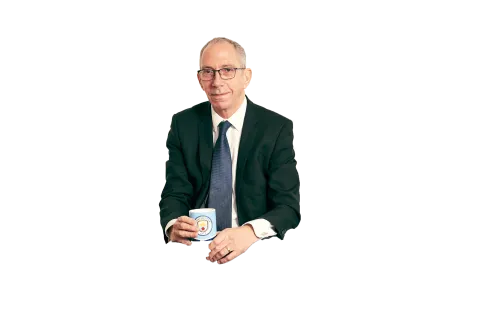Foreword from the Ombudsman
As the national health Ombudsman, I see time and again patients and families not being listened to after something has gone wrong with their care. Too many patients and families have been left without a voice and their concerns not taken seriously. When the mistakes relate to sepsis, the outcomes are often fatal.
Although action has been taken to improve the recognition and treatment of sepsis since our last report ten years ago, evidence from our casework shows there is an urgent need for much more to be done. Crucially, NHS staff must be sepsis-aware. They also need to have a culture that is open, accepts mistakes when they happen, and then learns from them. It is the responsibility of NHS leadership to build this environment of honesty and accountability. This is a big step in making patient safety an absolute priority.
I’ve heard harrowing stories about sepsis through the cases my office investigates. The cases in this report demonstrate some of the recurring issues in sepsis-related casework. They show the importance of listening to patients and families, and why early detection and treatment is crucial.
In the Radio Ombudsman episode which accompanies this report, I speak about these issues with Melissa Mead MBE.
Melissa is a dedicated campaigner on sepsis whose 12-month-old son tragically died from the condition. Her story, like those highlighted in this report, is deeply moving. I know that people working in the health service want to do a good job, and most people using NHS services do experience safe, high-quality care, but Melissa’s experience of how her family was treated is not an isolated case. It is far more common than people may believe. Her episode of Radio Ombudsman is vital listening and a powerful reminder for staff, leaders and organisations to make sure lessons are learned from her story and others’ devastating loss.
I hope by sharing in this report people’s experiences of where sepsis-related care has gone wrong, others will feel empowered to speak about their own experiences. This collective voice must contribute to shaping urgent action on sepsis and making sure complaints about this life-threatening condition count.
Rob Behrens CBE
Parliamentary and Health Service Ombudsman

